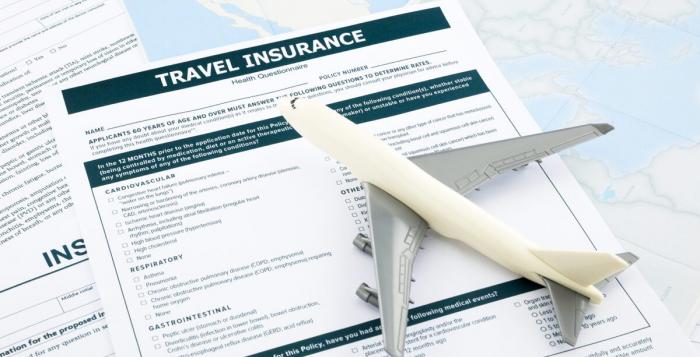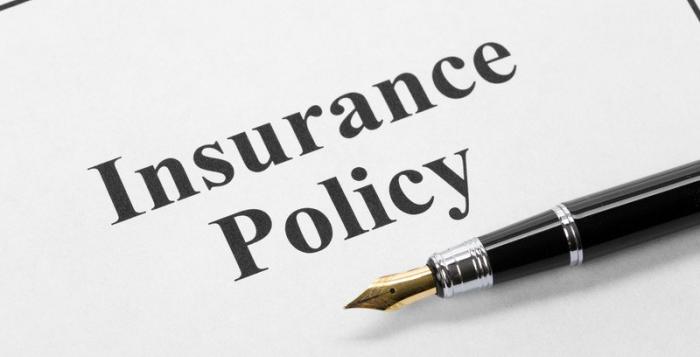An insurance agent plays a vital role in helping individuals and businesses find the right insurance policies to protect their assets, health, and financial well-being. Whether you're buying auto, home, life, or business insurance, an agent can guide you through the complex insurance landscape, ensuring you get the coverage that best suits your needs. Here’s a closer look at the role of an insurance agent and how they can assist you.
1. Understanding Your Insurance Needs
The primary role of an insurance agent is to understand your personal or business insurance requirements and recommend the best solutions. This is often done through an assessment of your risks and financial goals.
- Risk Assessment: An agent will assess your lifestyle, property, and any liabilities you may have to determine the type of coverage you need. For example, a homeowner with valuable art collections may need a policy that includes additional coverage for personal belongings.
- Customized Advice: They offer personalized advice based on your situation. Instead of using a one-size-fits-all approach, an agent tailors insurance products to your specific needs.

2. Explaining Insurance Options
Insurance policies can be complex and filled with jargon. One of the key roles of an insurance agent is to explain these policies in a way that is easy to understand, ensuring that you know exactly what you're purchasing.
- Policy Comparisons: An agent helps compare different policies from multiple providers, showing you the benefits and drawbacks of each option.
- Clarifying Terms and Conditions: They can explain terms like deductibles, premiums, coverage limits, and exclusions, so you know what is and isn’t covered.
- Product Knowledge: With in-depth knowledge of insurance products, agents stay up-to-date with industry changes and new product offerings, giving you access to the latest and best coverage options.
3. Finding Affordable Coverage
An insurance agent can help you find the best deal on your insurance by comparing policies across different providers, ultimately saving you money.
- Access to Multiple Providers: Independent agents, in particular, have access to multiple insurance companies and can find competitive rates on your behalf.
- Discounts: Agents may also help you identify discounts you may qualify for, such as bundling home and auto insurance or loyalty discounts for staying with one provider.
- Balancing Cost and Coverage: They will work with you to balance affordability with adequate coverage, ensuring you aren’t underinsured while trying to save on premiums.
4. Assisting with Claims
One of the most valuable ways an insurance agent can help is by guiding you through the claims process. When something goes wrong, and you need to file a claim, an agent can ensure you get the most out of your policy.
- Claims Filing: An agent can help you with the paperwork and documentation needed to file a claim, reducing the stress and complexity of the process.
- Advocating for You: In cases where claims are disputed, agents can act as your advocate with the insurance company, making sure you receive a fair settlement.
- Follow-up: After filing a claim, your agent will follow up with the insurance company to ensure timely processing and resolution.
5. Adjusting Your Coverage as Life Changes
As your life changes, so do your insurance needs. An insurance agent provides ongoing service, reviewing your policies periodically to ensure they remain aligned with your current situation.
- Life Events: Major life changes, such as getting married, buying a home, or having a child, can affect the type of insurance you need. Agents can help adjust your coverage accordingly.
- Renewal Reviews: They will review your policy before it renews to check if any adjustments need to be made based on changes in your circumstances or new insurance products available.
6. Providing Professional Expertise
Insurance agents are licensed professionals who have undergone specific training and are knowledgeable in state and federal insurance laws. They can provide expert advice that’s tailored to your local regulations.
- Regulatory Compliance: They ensure your policy complies with all state regulations, such as minimum coverage limits for auto insurance or mandatory health insurance requirements.
- Risk Mitigation: Agents can offer advice on reducing your risks, which can help lower your premiums. For example, installing a home security system may qualify you for a discount on your homeowners insurance.
7. Offering Ongoing Support
Your relationship with an insurance agent doesn’t end once you purchase a policy. They continue to provide support throughout the life of your policy, whether you need to update your coverage, file a claim, or have questions about your policy.
- Policy Reviews: They offer regular policy reviews to make sure your coverage is still appropriate for your current situation.
- Customer Service: Agents act as a direct point of contact for any issues or inquiries you may have, providing personal service that online-only platforms might lack.

An insurance agent does more than just sell insurance policies. They are advisors, educators, advocates, and ongoing support systems, working to ensure you have the coverage you need without paying more than necessary. Whether you're buying your first policy or looking to adjust your coverage as your life evolves, an insurance agent can make the process much smoother and more informed.


.jpg)











